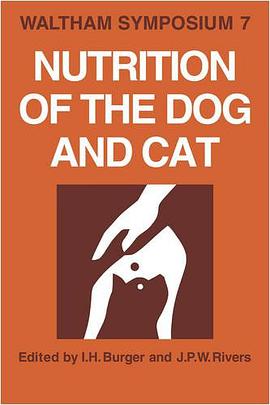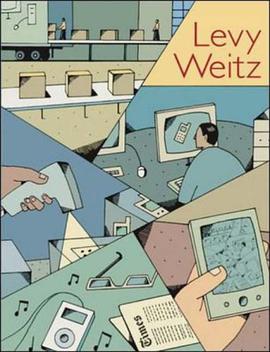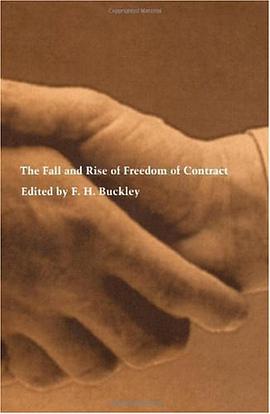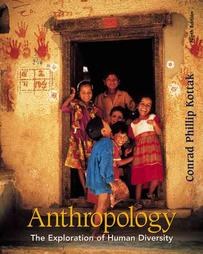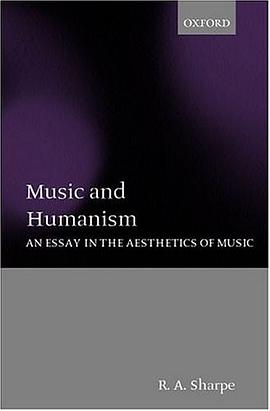
Is music sad because it causes the listener to feel sad? Is it to be valued because of the pleasure it gives us? R. A. Sharpe argues that the views these questions enshrine underestimate the cognitive element in our response to music. Our beliefs about music and our knowledge of the culture in which it originated underlie the judgements we make. At their most general, these cognitive elements are ideological in nature and they play both a positive and a negative role in our response to music-they both help and hinder. Music has long been thought of as a language. This metaphor underpins the way we hear music and the way we think about it. We conceive of music both as expressive and as something to be understood. Almost certainly the roots of this conception lie in the fertilization of music by rhetoric during the Renaissance. Sharpe suggests that music may have entered a new period in which the language analogy and the humanist conception of music which it expresses are becoming less and less appropriate.
具體描述
讀後感
評分
評分
評分
評分
用戶評價
相關圖書
本站所有內容均為互聯網搜索引擎提供的公開搜索信息,本站不存儲任何數據與內容,任何內容與數據均與本站無關,如有需要請聯繫相關搜索引擎包括但不限於百度,google,bing,sogou 等
© 2025 qciss.net All Rights Reserved. 小哈圖書下載中心 版权所有


